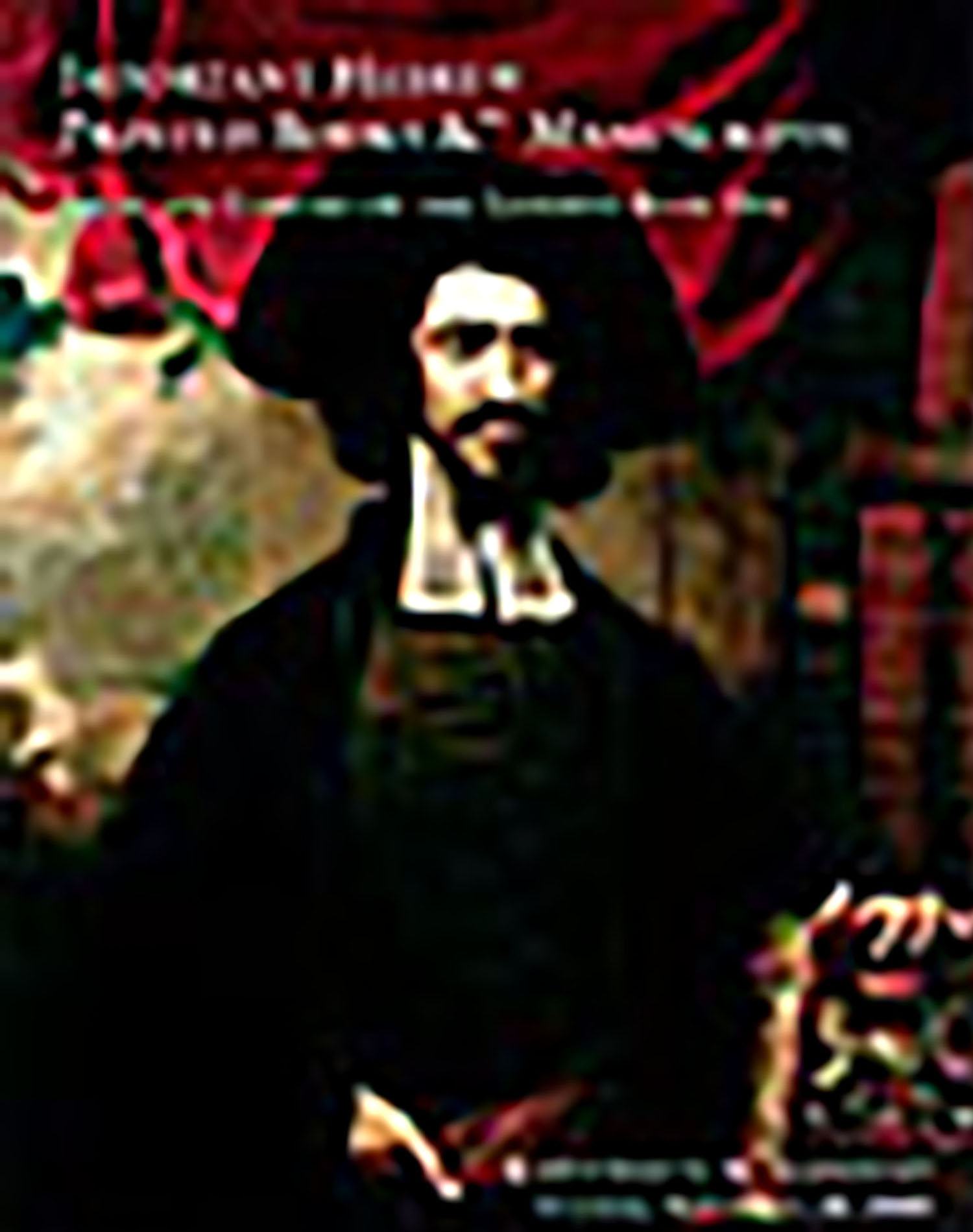(RaMCHa”L). Choker U’mekubal

AUCTION 11 |
Tuesday, November 28th,
2000 at 1:00
Important Hebrew Printed Books and Manuscripts From the Library of the London Beth Din
Lot 217
(LUZZATTO, MOSES CHAIM).
(RaMCHa”L). Choker U’mekubal
18th century
Est: $1,500 - $2,000
PRICE REALIZED $1,200
Written as a Socratic dialogue between a philosopher and a Lurianic kabbalist, Luzzatto responds to criticisms against the Kabbalah which were current among the rationalists in Italy and attempts to prove that only Lurianic Kabbalah can give a satisfactory answer to Judaism’s religious problems.
Choker U’mekubal was first published in Sklow, 1785 and subsequently in many editions - most of which contain many errors and omissions. The most scholarly edition, based on a copy of the author’s manuscript and with an introduction by M. Freustadt, was issued in Koenigsberg, 1840. An important punctuated, annotated edition with an excellent introduction was issued by Mosad Harav Kook in1952.
The present manuscript contains variances and additions not included in any of these editions. An edition based upon an Oxford manuscript penned by the author’s disciple R. Yekuthiel Gordon was published by Chaim Friedlander under the title “Ma’amar Ha’vikuach,” in his work Sha’arei Ramchal, Bnei Brak, 1989. The presant manuscript is similar to this version, however, there are a number of variances such as additional words and other changes. A scholarly edition comparing all the available manuscripts and published editions, which between them have considerable important differences, is still an important desideratum for Ramcha”l scholars. This manuscript will contribute considerably to such an undertaking.
It is interesting to note that Tzvi Hirsch Berlin collected manuscripts attributed to the Ramcha”l. It is possible that this was due to the latters’ association with Jonathan Eybescheutz during the infamous Emden-Eybescheutz controversy. Jacob Emden and Moses Chagiz castigated both Luzzatto and Eybescheutz for their mutual friendship and collaboration.
Tzvi Hirsch Berlin had published letters concerning the controversy in Sephath Emeth and Eduth Be’Yaakov, suggesting a reconciliation in order to end the strife. His uncle, Jacob Emden replied he was “disappointed in R. Hirschel [Berlin],” whom he had asked to win over the Polish Rabbis to his side of the controversy, certainly not to turn conciliator. (See C. Duschinsky, The Rabbinate of the Great Synagogue, p.6). As a man of strong integrity and character, Tzvi Hirsch Berlin probably wanted to examine at first hand the writings of the Ramcha”l. For examples of two other Luzzatto manuscripts in R. Tzvi Hirsch Berlin’s colection see Christie’s New York, Important Hebrew Books and Manuscripts from The Library of the London Beth Din, 23rd June 1999 lots 75 and 76
